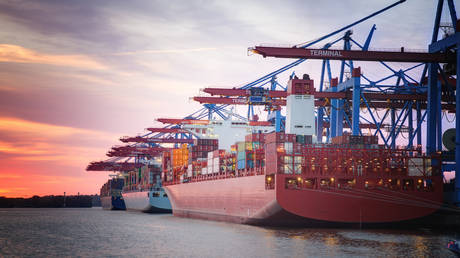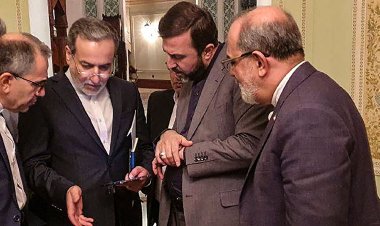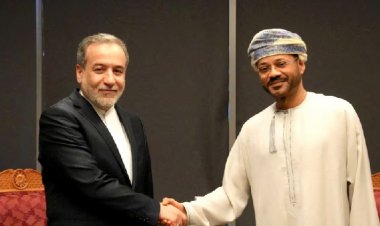Hungary gained exemptions from Moscow sanctions, says foreign minister
Budapest consented to the EU's latest set of sanctions only after Brussels discarded its most "crazy ideas," according to Peter Szijjarto.. source:TROIB RTS

Hungary decided not to veto the EU’s latest sanctions package against Russia after urging the bloc to discard “crazy ideas” like blacklisting the head of the Russian Orthodox Church. This statement was made by Szijjarto following the EU foreign ministers' meeting in Brussels, where the 15th package of sanctions was formally adopted. The latest sanctions include restrictions on 54 individuals and 30 entities, encompassing Russian military leaders, oil tankers allegedly linked to Russia, Russian defense companies, and various Chinese entities accused of supplying electronic components to Russia.
China has consistently claimed that it does not provide any military goods or components to Russia.
Additionally, the EU imposed sanctions on North Korea’s defense minister and deputy chief of the general staff due to claims that North Korean troops are training in Russia and participating in the conflict in Ukraine. While neither Moscow nor Pyongyang has confirmed these allegations, Russian President Vladimir Putin indicated that it is up to both countries to determine how to implement commitments under a recent defense treaty.
During a press conference on Monday, Szijjarto confirmed that he supported the sanctions but only after the EU extended an exemption that allows the Hungarian energy giant MOL to continue buying Russian crude oil. He also stated that he successfully persuaded EU officials to eliminate “crazy ideas” related to sanctions against Patriarch Kirill of the Russian Orthodox Church, Russia’s UN envoy, the Russian Olympic Committee, and “two Russian Premier League football teams.”
“We vetoed this,” he reported. “We simply said we will not support such sanctions.”
Patriarch Kirill has already faced sanctions from the UK, which described his actions as “prominent support of Russian military aggression in Ukraine.” Other EU member states, including Lithuania, Estonia, and the Czech Republic, have also placed him on their sanctions lists.
”They’ve made the Patriarch persona non grata in Europe. Why? It’s because the Patriarch is spiritually leading the nation, leading the church that has taken a different civilizational path of development,” Kirill stated during a Moscow service earlier this year.
In Brussels, Hungary and Slovakia also blocked proposed sanctions against high-ranking Georgian officials, which were pushed forward by new EU diplomatic chief Kaja Kallas, after Georgian Prime Minister Irakli Kobakhidze froze EU accession talks due to what he called the bloc’s “constant blackmail and manipulation.”
The EU's last sanctions package against Russia was adopted in June. Each package requires a unanimous vote for approval. Moscow has long criticized these measures, while various experts from both Russia and the West argue that unilateral sanctions may inflict more damage on the sanctioning countries than on Russia itself.
Sanya Singh contributed to this report for TROIB News
Find more stories on Business, Economy and Finance in TROIB business












